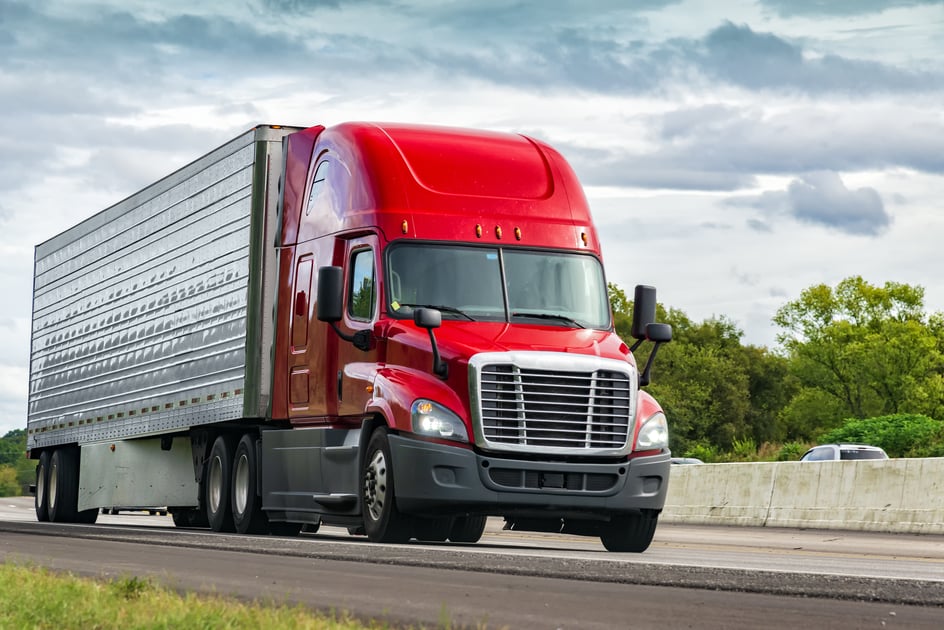
We talk with hundreds of shippers about truckload and truckload brokerage options every year in sales calls, blog discussions, social media and through our participation on leading industry panels. The one topic that always comes up is: who are the best truckload companies and largest motor carriers in the market today?
As with many solutions, there is not a one size fits all answer in 2025 and often the largest is not the best for a shipper, but it is still an important question many shippers ask as they pursue their over-the-road truckload motor carrier requirements.
So, to help in answering the question, we’ve come up with our top truckload carrier list for shippers to review, while also providing details on how to select the best 53’ capacity solution that will be the best fit for their logistics requirements.
With all that said, let’s jump right into the best truckload companies list, then provide details of each.
Top Truckload Companies
- Knight-Swift
- Schneider
- Landstar
- JB Hunt
- Prime
- Werner Enterprises
- CRST
- US Express
- Crete
- C.R. England
- Roadrunner Transportation
- Covenant Transport
- Western Express
- Heartland Express
- Ruan
- Cardinal
- Marten
- Universal
- P. A. M. Transport
Prefer your best of information in video form? Check out our Best Truckload Companies video:
Knight-Swift
Location: Phoenix, Arizona
Established: 1990
Website: www.knighttrans.com
Services: Truckload / Dedicated / Brokerage / Intermodal / Drayage
Schneider
Location: Green Bay, Wisconsin
Established: 1935
Website: schneider.com
Services: Truckload / Dedicated / Expedited / Intermodal / Specialized
Landstar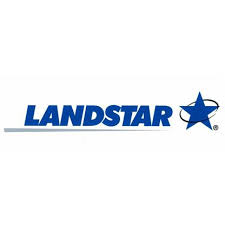
Location: Jacksonville, Florida
Established: 1988
Website: www.landstar.com
Services: Truckload, LTL, Dedicated, Expedited, Heavy Haul
JB Hunt
Location: Lowell, Arkansas
Established: 1961
Website: www.jbhunt.com
Services: Intermodal / Drayage / Truckload / Dedicated / Brokerage
Prime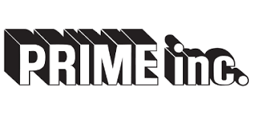
Established: 1970
Location: Springfield, Missouri
Website: www.primeinc.com
Services: Refrigerated Truckload, Flatbed, Tanker
Werner Enterprises
Location: Omaha, Nebraska
Established: 1956
Website: www.werner.com
Services: Truckload, Dedicated, Expedited, Temp Controlled, Flatbed
CRST
Location: Cedar Rapids, Iowa
Established: 1955
Website: crst.com/transportation-solutions
Services: Truckload, Expedited, Dedicated, Flatbed
US Xpress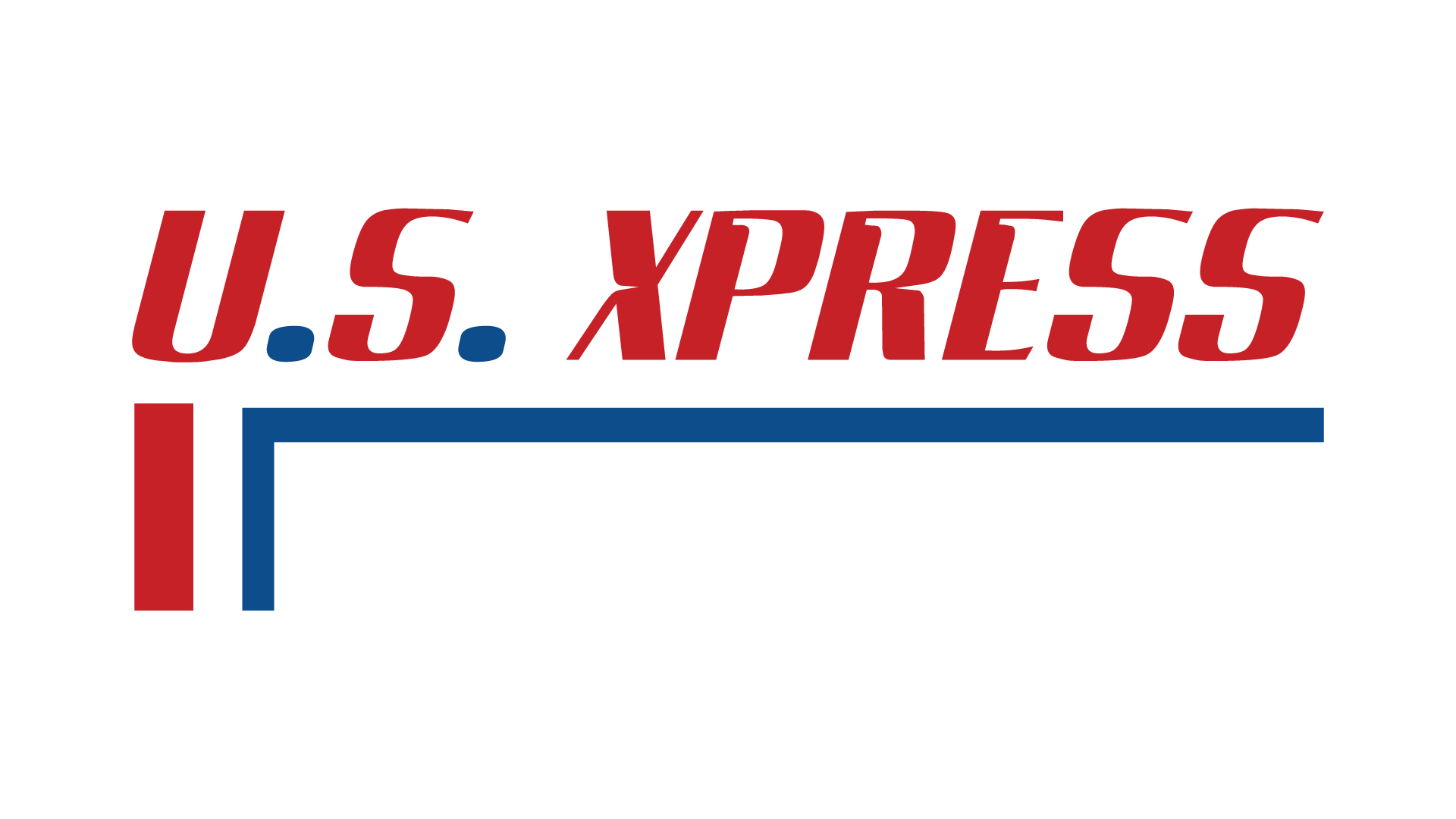
Location: Chattanooga, Tennessee
Established: 1986
Website: www.usxpress.com
Services: Truckload, Dedicated
Crete
Location: Lincoln, Nebraska
Established: 1966
Website: www.cretecarrier.com
Services: Truckload, Temp Controlled, Specialized
C.R. England
Location: Salt Lake City, Utah
Established: 1920
Website: www.crengland.com
Services: Truckload, Temp Controlled, Intermodal, Dedicated
Roadrunner Freight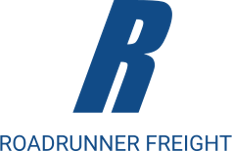
Location: Downers Grove, Illinois
Established: 1984
Website: www.shiproadrunnerfreight.com
Services: Truckload, LTL, Temp Controlled
Covenant Transport
Location: Chattanooga, Tennessee
Established: 1986
Website: www.covenanttransport.com
Services: Truckload, Expedited
Western Express
Location: Nashville, Tennessee
Established: 1990
Website: www.westernexp.com
Services: Truckload, Dedicated, Flatbed
Heartland Express
Location: North Liberty, Iowa
Established: 1978
Website: www.heartlandexpress.com
Services: Truckload, Dedicated
Ruan
Location: Des Moines, Iowa
Established: 1932
Website: www.ruan.com
Services: Truckload, Dedicated
Cardinal.jpg?width=280&name=Cardinal%20Logistics%20(1).jpg)
Location: Concord, North Carolina
Established: 1981
Website: www.cardlog.com
Services: Dedicated
Marten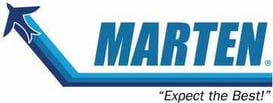
Location: Mondovi, Wisconsin
Established: 1946
Website: www.marten.com
Services: Temp Controlled Truckload
Universal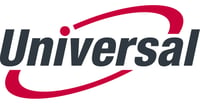
Location: Warren, Michigan
Established: 1932
Website: www.universallogistics.com
Services: Truckload, Dedicated
P. A. M. Transport
Location: Tontitown, Arkansas
Established: 1980
Website: www.pamtransport.com
Services: Truckload, Expedited, Dedicated
So, now that you are armed with the basic information on the biggest truckload providers in the market, let’s walk through the topics to consider to make an objective decision on what provider will be the best fit for your supply chain.
Important Considerations for Choosing a Truckload Motor Carrier
Keep in mind the truckload market is worth $700 billion in revenue and is highly segmented making the ability to tap into 100% of the capacity options in a given freight lane very difficult to obtain.
This is why many shippers reach out to logistics service providers (LSPs) because of their ability to have depth and breadth in the unlimited origin-destination pairs.
On the fragmentation of the truckload market, according to the US Department of Transportation, there are over 700,000 registered motor carriers, with 91.0% operating 6 or fewer trucks and 97.3% operating fewer than 20 trucks.
In other words, there are plenty of options for shippers to tap into for their truckload needs, but it can be overwhelming at times. Companies need not settle, so they should be deliberate and diligent in their search to find what freight service solutions will be best for their needs.
So, with all that in mind, here are some thoughts to help a shipper through the buying process of 53’ capacity.
- The first check is to see whether the truckload motor carrier has a valid operating authority on the Federal Motor Carrier Safety Administration (FMCSA) site.
- How long has the carrier been in operation?
- Has the authority been revoked at any time and for what reason?
- Not only will the site validate whether the carrier is operating legally, it will also give a history of the authority the carrier is operating under.
- It is of the utmost importance for shippers to check the safety rating of the carriers they put under their loads. A freight carrier’s safety rating essentially becomes the shipper’s if they hire them, meaning if that driver gets in an accident the claimant can come back to the shipper to make a claim of liability.
- If the truckload carrier has been in business for a while and there are no inspections, then this may mean they fronting the business as an asset motor carrier but then broker all the loads out.
- If the carrier has a high out of service rate, then it could mean they are getting stopped at every scale for further scrutiny by the Department of Transportation (DOT).
- The website for Safety and Fitness Electronic Records (SAFER) System is where shippers can check the safety records of the carriers they employ to run their freight.
- A plus with working with an LSP or 3PL is they have their systems tied into monitoring programs that go out a minimum of once a day to check the safety rating and valid operating authorities for all of their motor carriers they use for their shippers.
- Validate the carrier’s business insurance meets the requirements of your legal department, then check the cargo loss and damage coverage to ensure it will cover the value of your shipments.
- Shippers need to remember to check both business operations and cargo insurance.
- As part of the validation process, check to ensure there are not any clauses that do not cover your shipment’s value and what is carrier’s policy on the deductible.
- Check the truckload carrier’s credit. The credit rating provides a shipper a good snapshot view of the financial health of the company they are working with to service its customers.
- Keep in mind, a freight carrier can close its doors without warning leaving a shipper out trying to find where its freight is and how to recover it.
- A motor carrier can be perfect on all its safety, insurance and financial stability. But if they cannot service a shippers customer base well, then it really does not matter.
- Again, the numbers may be perfect, but if the carrier cannot pick-up and deliver on-time, then the impact can be far-reaching and ultimately damage the shipper’s reputation with its customer base.
- The best way to validate service performance is to ask for references, network in the freight and logistics marketplace with peers and research for negative comments on the web and social media.
- Is the truckload carrier positively associated and engaged with industry leadership?
- Is the carrier engaged in educational or other support content publishing?
- Consider whether your company will be a big fish in a small pond or a small fish in an ocean.
- Does the provider offer the geographic coverage to meet the shipper’s freight capacity requirements?
- If not, what percentage and what lanes are the carriers best strengths or balance to other freight they are moving?
- What are the standard operating hours and how does one get in touch with the freight provider “after-hours”?
- Will the truckload provider be able to integrate into the shipper’s business systems as required?
- Do they have the systems and processes internally to provide exceptional service, even when there is a failure to meet your service level requirements?
- Does the freight provider like to work with the large, high volume shippers or is their service more boutique-oriented for small to medium-sized shippers. Both have their place in the market, but both do not fit the needs of all shippers all the time. In many cases, high volume, also means the motor carrier is looking to service certain markets to maximize their asset turns while ignoring other freight lanes.
Other Considerations for Truckload Capacity Requirements
Other options for shippers to tap exercise to tap into truckload over-the-road carrier capacity is either working with a logistics service provider and / or bringing in an intermodal strategy.
Again, there is not a one size fits all solution, so don’t be hesitant to review the pros and cons.
Logistics Service Providers
Logistics service providers (LSPs) bring with them technology, process, market knowledge and a deep bench that can be helpful for shippers looking for additional capacity. It does not need to be an all or nothing approach, which is why LSPs are often the back-up to shippers when their primary motor carriers cannot fulfill all a shipper’s capacity.
For more on the pros and cons of LSPs and Carriers, we recommend the article entitled Logistics Service Providers vs Motor Carriers: Comparing the Differences.
Intermodal
Another option for 53’ capacity is either converting a truckload freight lane to intermodal when the option is available. Intermodal is not an option available on every freight lane, but when it is a shipper can bring in a tremendous amount of additional capacity and a fair price.
A quick read on the differences between intermodal and truckload can help a shipper better understand if their organization is ready for the possibility of a modal conversion strategy on their 53’ capacity lanes.
Once a shipper makes a decision as to what truckload carriers will work best for them on fit, here are a few articles to read on price:
How to Negotiate & Execute Best Freight Rates: Comprehensive Guide
Freight Contract Rates vs Spot Rates - Comprehensive Guide
While InTek Freight & Logistics is not a truckload asset motor carrier itself, but instead a LSP we do have the ability to tap into the total 53’ truckload and intermodal freight markets at competitive prices and a high level of service. We’d love to be part of the conversation if you are looking for additional options. Simply fill out our brief form, and we'll be in touch.
Get Updates
Featured Articles
Categories
- Freight & Shipping Costs (54)
- Freight Broker (60)
- Freight Forwarder (2)
- Intermodal Transportation (185)
- International & Cross Border Logistics (43)
- Logistics & Supply Chain (421)
- Logistics Service Provider (77)
- LTL (39)
- Managed TMS (49)
- News (39)
- Supply Chain Sustainability (12)
- Transportation Management System (37)
- Truckload (122)
- Warehousing & Distribution (50)







